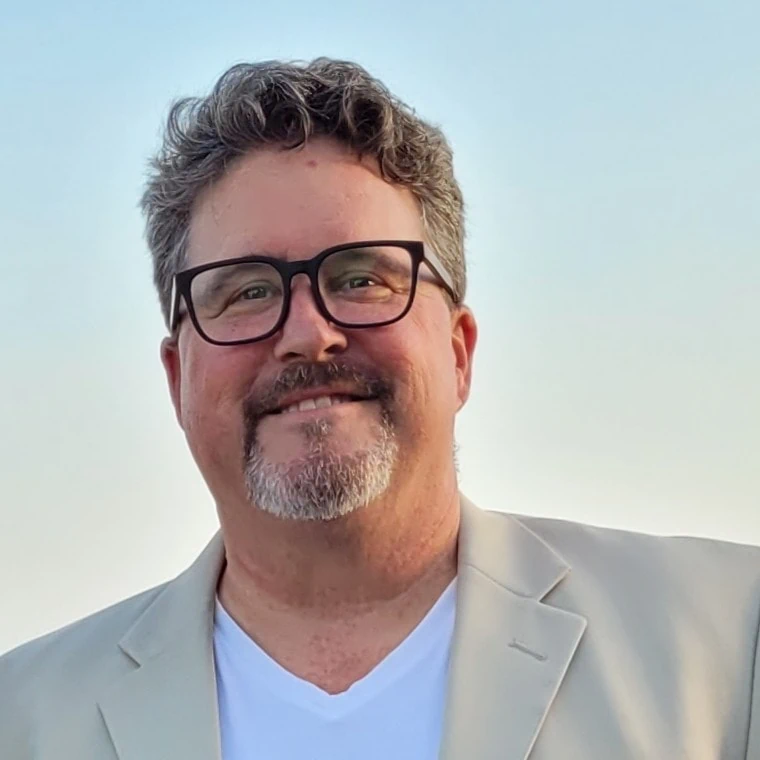
Recognizing And Recovering From A Stroke
Many seniors will end up with a serious medical event during their golden years. Recognizing the signs of a stroke is crucial, as immediate medical attention can significantly improve a person's chances of recovery. While most people know the more common symptoms, such as sudden numbness or weakness in the face, arm, or leg, slurred speech, and severe headaches, some rare signs may also signal a serious health event.
The American Stroke Association emphasizes the "FAST" acronym to recognize common symptoms: Face drooping, Arm weakness, Speech difficulty, and Time to call 911. However, prompt medical evaluation is equally critical to ensure appropriate treatment and potentially prevent severe complications for rarer signs like those mentioned above.
Lesser-Known Stroke Symptoms
Symptoms can vary from person to person, and not everyone will experience the same signs. Here are some of the rarer signs:
- Visual Disturbances: Unusual visible symptoms can be indicative of a stroke. These may include sudden blurred vision, double vision, or even vision loss in one or both eyes. Other neurological symptoms can accompany these visual disturbances.
- Hiccups and Nausea: Some people experience persistent hiccups and severe nausea or vomiting unrelated to any other apparent cause. A sudden and severe headache may accompany these symptoms.
- Confusion or Agitation: Confusion or a sudden change in mental state can sometimes be a sign, especially in cases of ischemic strokes, which affect the part of the brain responsible for thinking and behavior. Individuals may become disoriented, agitated, or even exhibit personality changes.
- Vertigo and Loss of Balance: Balance can be affected due to damage to the coordination centers in the brain. Some people experience sudden vertigo, dizziness, and difficulty maintaining balance, leading to falls.
It's important to note that while these signs are less common, they can still indicate a stroke. If you or someone you know experiences any of these symptoms, seeking immediate medical attention is essential.
Neurological symptoms can be unpredictable, and they may vary among individuals. If you witness someone exhibiting any unusual or severe symptoms, err on the side of caution and seek immediate medical attention.
Early intervention is critical to minimizing the long-term impact of a medical event.
Always remember that it's better to be safe and have a healthcare professional rule out something serious rather than delay treatment when it's needed.
Other Speech Problems Related to a Stroke
A stroke can cause vocal cord weakness or hoarseness, although it is not a very common symptom. More common is trouble with word-finding or with movement. Neurological issues can affect the brain in various ways, and depending on which part of the brain is affected, different symptoms can manifest. Strokes in the brain regions responsible for controlling the vocal cords and the muscles involved in speech and swallowing can lead to vocal cord weakness or hoarseness.
Speech issues are often symptoms of a stroke, which is a medical emergency requiring immediate attention. The specific speech problems can vary depending on the location and severity, but some speech issues can include:
- Slurred Speech (Dysarthria): A person may have difficulty in forming words and articulating sounds, resulting in speech that may be difficult to understand.
- Difficulty Finding the Right Words (Aphasia): Aphasia is a language impairment that can affect the ability to speak, understand speech, read, or write. There are different types of aphasia, but each type can lead to disability for the person experiencing it. Aphasia is often a symptom of a stroke or more significant neurological issues. Mixing up words or producing nonsensical speech may make it challenging for others to understand.
- Inability to Speak: In some cases, a stroke may lead to a temporary or permanent inability to speak.
- Difficulty Swallowing (Dysphagia): While not directly related to speech, difficulty swallowing can be associated with strokes and may affect speech indirectly.

